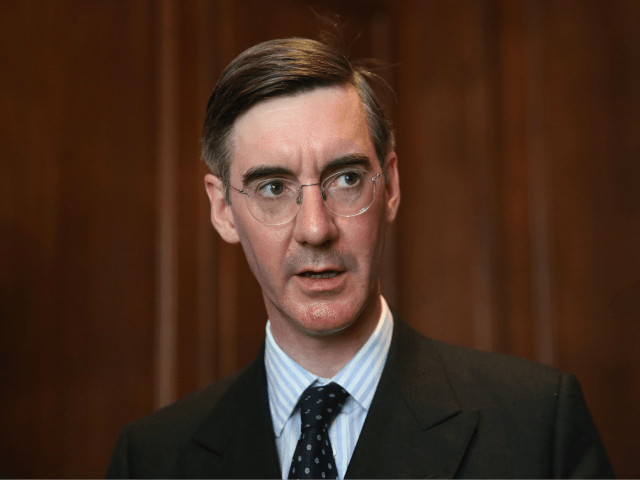Britain must not simply “kowtow” to EU transition demands, declared leading Brexiteer Jacob Rees-Mogg after the government claimed criticism was “unhelpful”.
The North Somerset MP, who sits on the Committee on Exiting the European Union (EU), argued that Brussels’ list of terms for a transition deal is an “opening gambit” and there is room for negotiation.
“I think the government would be quite wrong to kowtow to the demands set out on Monday by the European Union,” he told Channel 4 News.
“This is a negotiation. In any negotiation, you offer a counter-proposal. You say you’re asking for acceptance for new EU laws, we are saying that is something we can’t do. And then you come to an agreement.”
Mr. Rees-Mogg rejected the idea that Britain’s only options are “leaving without a deal or accepting [Brussels’] terms as dictated”, telling Krishnan Guru-Murthy it was a “statement of the obvious” that he would vote against any transition deal that was not in Britain’s interest.
He has explained that, in his view, “We should say to them: you need £39 billion to remain solvent for the last 21 months of the multi-annual financial framework. Are you going to get Germany to pay more or Poland to get less? You need our money, you need a deal, and we’re not going to accept this. Thank you so much.”
The comments came after Trade Secretary Liam Fox told eurosceptics they will have to “live with disappointment” and accept a so-called ‘Soft Brexit’ in an interview following Chancellor Phillip ‘Remainer Phil’ Hammond asserting there should only be “modest changes” to Britain’s relationship with the EU after Brexit.
Prime Minister Theresa May is being urged to reject the demands that were laid out by Brussels negotiator Michel Barnier, which include obeying EU laws and accepting Free Movement of People.
In addition, Britain would lose all of the bloc’s trade deals with countries outside Europe under the terms, with UK negotiators permitted to work on drawing up new deals only with EU consent, Mr. Barnier told a press conference in Brussels.
Earlier this week, senior Tory Leave supporters slammed a study drawn up by civil servants which alleged that Brexit would be bad for the UK economy whatever deal Britain strikes with Brussels.
The Prime Minister dismissed the findings as incomplete, while Brexit minister Steve Baker pointed to civil servants’ poor track record in forecasting the economy, telling MPs he looks forward to continuing to prove the Brexit “horror story predictions” wrong.
While the George Osborne-led Treasury predicted an “immediate and profound” shock to the economy in the immediate aftermath of a Leave vote, with between 500,000 and 800,000 people losing their jobs, the economy has in fact performed strongly, with employment hitting a record high.
